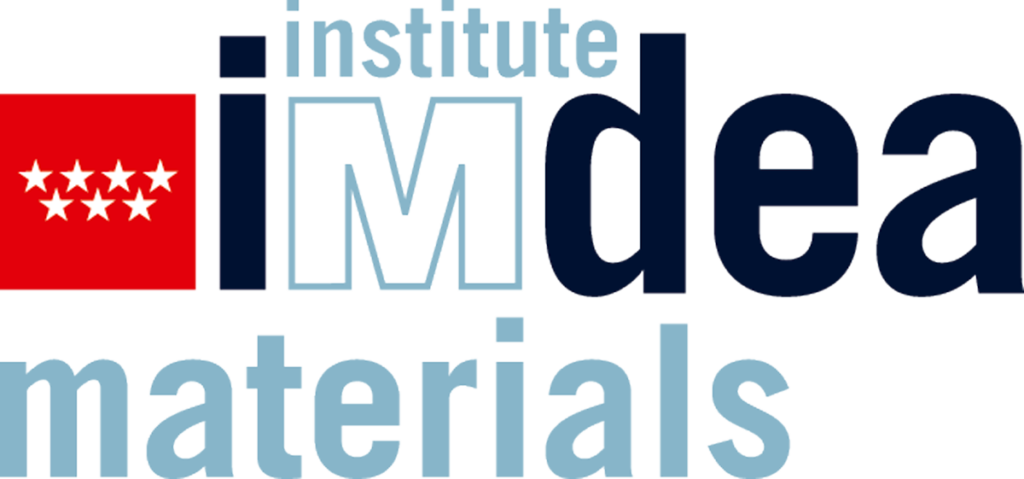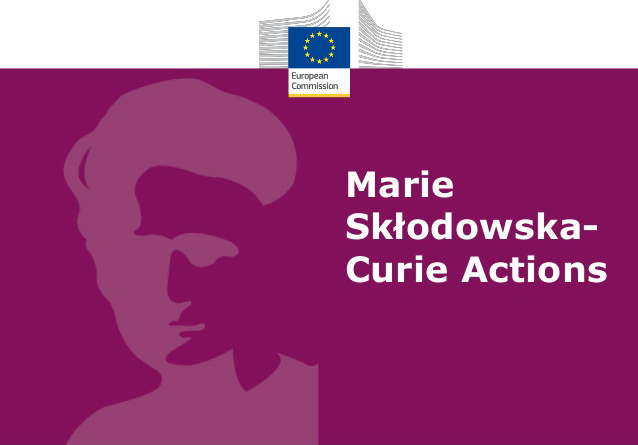Project details
Funding: MSCA Postdoctoral Fellowships 2021. HORIZON-MSCA-2021-PF-01
Project coordinator: IMDEA Materials
Project period: 01/06/2023 – 31/05/2025
IMDEA Materials' researchers
Supervisor: Dr. Maciej Haranczyk
Fellow: Phuong Thúy Vo
Abstract
Metal Organic Framework Mixed Matrix Materials (M4s) are prototyped for many applications such as separating membranes, drug delivery systems and fire-safe plastics. Like all composites, the premise of M4s is to achieve greater properties than those of their isolated components. Yet, the interface between the components determines whether the synergy between the components is achieved or the overall performance is diminished due to their incompatibility. In principle, the interface can be designed by selection and chemical modification of the components involved. However, in practice such design is a very challenging endeavor. Atomistic simulations can predict the structure of the interface, from which the component compatibility may be inferred. Similarly, mechanical testing of the composites may reveal some qualitative characteristics of the interface. Nevertheless, the throughput of these approaches is insufficient to screen the design space for the optimal M4s for various applications.
This project aims at developing the capability to computationally design M4s with good mechanical properties. By employing machine learning techniques, we will be able predict the properties of the interface in a high-throughput manner. Similarly, our multi-scale models will establish quantitative relationships between the interfaces and the mechanical properties of the composites, which can be verified experimentally. To achieve these objectives, the Researcher will be provided training-through-research in high-throughput atomistic simulation workflows, material informatics and machine learning for material discovery as well as homogenization techniques and finite element approaches for multi-scale modeling. Moreover, this project will give the Researcher an opportunity to apply her expertise to explore the area of composite design in both basic science and industry-oriented perspective actively undertaken by IMDEA Material Institute.
Partners

Funded by


Funded by the European Union under Grant Agreement 101067497. Views and opinions expressed are however those of the author(s) only and do not necessarily reflect those of the European Union. Neither the European Union nor the granting authority can be held responsible for them.

